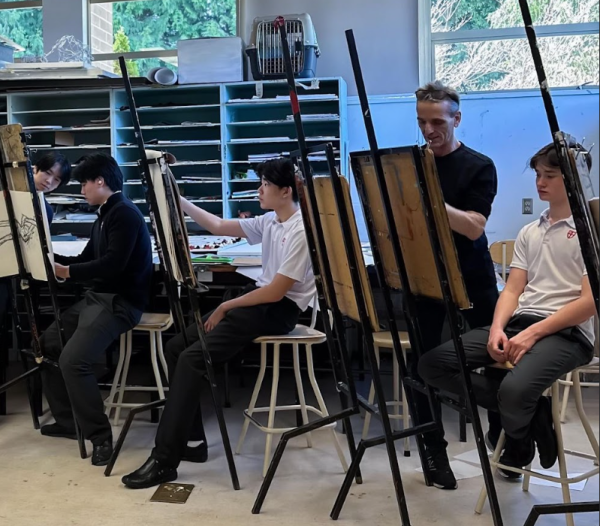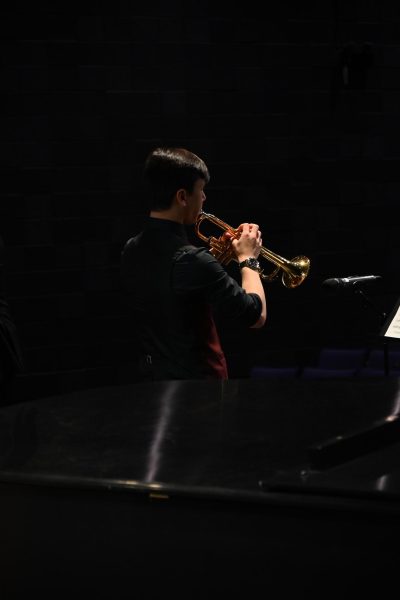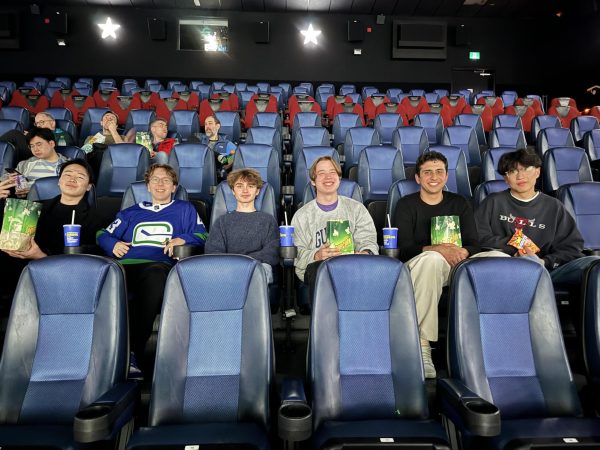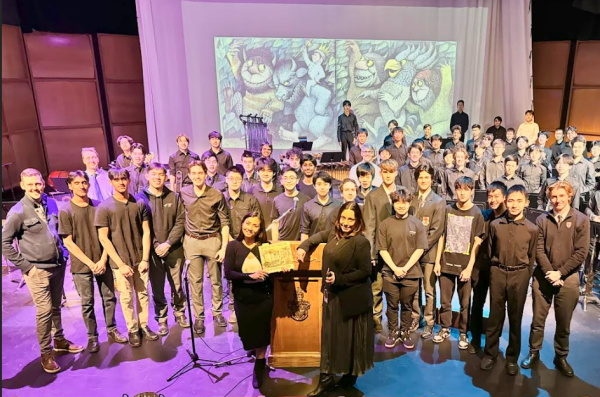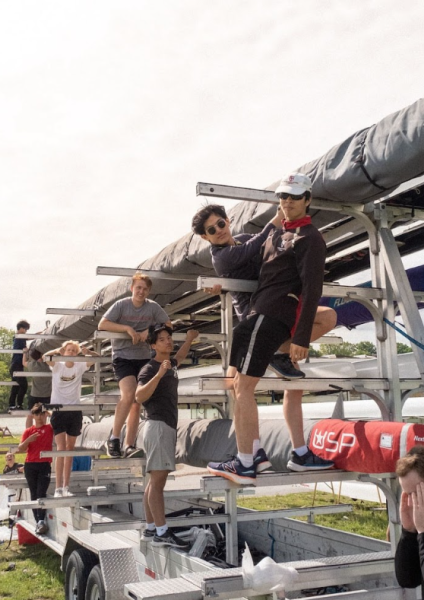Music Festival Culture
Music festivals have been around for almost five decades now. In recent years, these festivals have seen resurgence in popularity and attendees. Due to this new ‘Music Festival craze’ the term “Music Festival Culture” is something that more and more people are talking about these days.
When we think of an old school music festival, the one that comes to mind is: Woodstock in the summer of 1969. Woodstock is considered to be the biggest most influential festival of all times and not only that; it was also one of the first. Woodstock defined a generation or perhaps, Woodstock was the result of a generation’s ideology. Some say that Woodstock was a celebration of music and life and peace, others say it was a protest and an uprising against authority. Whichever the case, Woodstock paved the way for all the others festivals that were to follow.
Nowadays, to say that music festivals are a celebration of something or a protest again anything would be an arguable statement. This is because there are now thousands of music festivals happening all over the world year round. So, what do you think music festivals are these days? Well, here is my opinion and some of our very own Saints teachers’ opinions that have attended festivals in the past.
First, the term ‘music festival’ refers to a series of concerts in a live stage over the course of several days. Most music festivals are weekend-long events lasting two to three days. A music festival is not the same as a concert or a ‘rave’ [an Electronic Dance Music concert often hosted by several DJs]. The main difference between a festival and a concert/rave is that, as I mentioned before, music festivals happen over an extended period of days while a concert is a one night, one time occurrence.
That is what a music festival is in the present but the real question is what they really are as in what they stand for if the stand for anything. In recent times there is a music festival for just about anybody. When talking about a music festival it is important to remember that they are targeted to a certain demographic and also that at the end of the day what is truly important and what keeps this culture going is music or is it? Music festivals are divided mostly by music genre. Some big, high profile music festivals that have been going on for years now are: Lollapalooza in Chicago where the music is mostly Rock & Roll. Coachella in Indio, California, Sasquatch in British Columbia are music festivals that gather younger audiences for people ranging from 18 to 30 mostly; these particular music festivals are a combination of genres of music that attract a wider demographic. EDC in Las Vegas, Tomorrow Land in Boom, Belgium, Tomorrow World in Atlanta and Ultra in Miami, Florida to mention some are music festivals focusing mainly in new era EDM (Electronic Dance Music) with the most prominent DJs of the time performing several hour sets.
Music is considered by some to be a “universal language” and music festivals are considered to be a place where everyone can come together and share experiences by those people. Others think that, that maybe was the idea of music festivals back in the day but that in the present these festivals are nothing but somewhere to go to party and escape from society. Also, in the past, music festivals could stand for something beyond music and sometimes served as uprisings against politics, environmental issues and many other reasons.
“I had a Volkswagen van at the time, yeah, all image!” That is how our very own Mr. Roberts, went to his first festival: the Stein Valley Music Festival back in 1989. Mr. Roberts explains that back when he made the trip to this particular festival (not the only festival he attended) it was the second edition of the festival. The first summer the festival took place, he says, it was definitely a protest. He said, “the first year was actually in the Stein Valley and it was all protest, in the sense that if you’re going to hike in there obviously you felt strongly enough about the preservation of, I think, it was listed as one of BC’s last untouched water sheds. (…) The second summer they moved the festival to make it, I think, more publicly accessible to the Duffy Lake Rodeo Grounds close to Pemberton.” Mr. Roberts reflects on how over time maybe the whole point of music festivals had indeed changed. Using this one particular festival for example. As he said, maybe the reason why the festival’s location was changed was to make it more accessible to the public so more people would go instead of the people going out there to show support for the cause.
Recently, most music festivals are a summer thing where students go to have fun and just enjoy themselves. So can it be said that music festivals are different from what they used to be and that now they are just over publicized events that people make money out off. Back in the day, the money charged for the entranced or tickets was used to pay of the artists and even so, the creators of the music festivals would use their own money to set it up and some musicians and bands would perform for free to help with what ever the cause of the concert was.
What about the music? It is important to remember that these are called music festivals for a reason, there’s music involved. Do people go to festivals for the music or just to hang out? Some artists state that performing at a music festival is different than performing at one of their shows mainly because at a festivals there’s more than one act and the artists feel that when a lot a people show up during their set time to see them is more meaningful because out of all the artist the audience could go see, the public decides to go see them which makes them feel special. Rapper Kid Cudi said at Coachella this year: “there are so many bands you guys could’ve seen today and you guys came and **** with me and I really appreciate that ya’ll showed up. It’s all about the love man!” When artist feel like this they deliver more honest sincere performances and they enjoy themselves as well.
Drugs? Over the years music festivals have gotten to be associated with the use of drugs and other substances. Now, it is true that there is a lot of “illegal activities” going on during the festivals but to say that everyone is ‘on something’ is just not true. Nowadays, major events like Coachella run very tight security going in and out of the festival grounds and police roam the venue looking for anything suspicious to take care of.
Some people now go to music festivals and immerse themselves in the music festival culture completely by living there. This is considered as camping and groups of friends of all ages go to music festival and just stay in the festival grounds and share their time and experiences with each other and other people that are also camping. Our very own Ms. Ember Konopaki did so this year and she explains how it was and shares her opinion on what Music Festivals are these days.
So it is true that over the years music festivals are more of a getaway than a stand against something or someone (even though in some cases festivals are solely for that reason) but it is no true to say that people just go for nothing. It is an experience for both the audience and the performers there because it is so different than just a single concert and they definitely have their own culture. A culture of openness and willingness to have a good time and share with others, old friends and new friends along the road!

Jose Gallardo is a senior at St. George's School. Originally from Guayaquil, Ecuador Jose lives in the Harker Hall residences as a boarder at Saints. Jose...

Jose Gallardo is a senior at St. George's School. Originally from Guayaquil, Ecuador Jose lives in the Harker Hall residences as a boarder at Saints. Jose...




